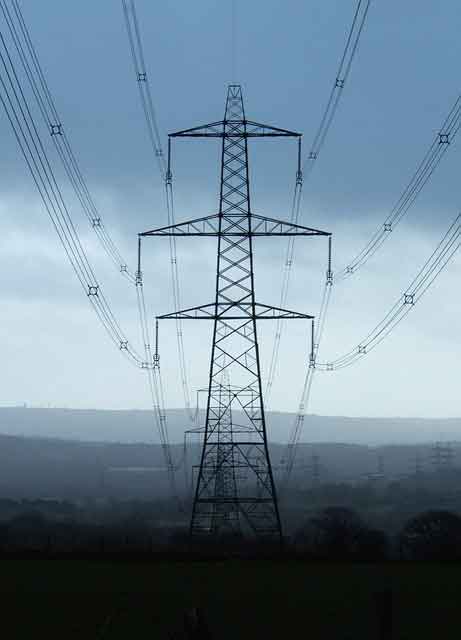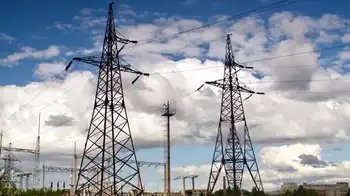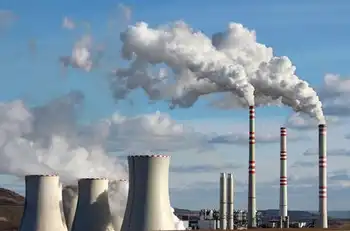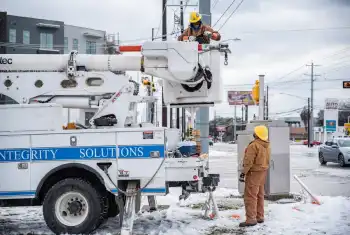China tries to kickstart North Korea nuclear talks
BEIJING, CHINA - China is sending a top communist party official to North Korea amid renewed efforts to get Beijing's longtime ally to resume stalled talks on its nuclear weapons program.
Top negotiators from the United States and South Korea were in Beijing seeking China's help on persuading the isolated North to return to multination nuclear talks that were suspended in June.
South Korean officials said they believed China, the North's biggest backer and a major source of aid to the impoverished country, could do more to win over the North.
"I think China has a much bigger card to play than we expect. The question is whether it will play it," South Korea's ambassador to China, Kim Ha-joong, said at a news conference in Seoul.
North Korea has rejected calls to return to the talks, accusing Washington of hostility. It recently announced it has produced nuclear weapons.
Wary, as usual, of openly testing its influence with the North, China has urged patience, while saying it strongly favours a nuclear-free Korean peninsula.
"We are of the view that we should not resort to sanctions or pressure in international relations," Foreign Ministry spokesman Kong Quan said at a regular briefing.
Such tactics "will not solve problems, but instead escalate tensions," he said.
Although Chinese troops fought to defend North Korea in the 1950-53 Korean War, Beijing worries that a nuclear-armed North Korea would raise tensions in the region and prompt Japan and South Korea to also develop atomic weapons.
Kong confirmed that Wang Jiarui, head of the communist party's international department, would visit Pyongyang this week. But he would not provide dates.
While working to resolve the standoff, "The Chinese side requires that the DPRK side and United States show more flexibility and sincerity," Kong said, using the acronym for the North's formal name, the Democratic People's Republic of Korea.
Christopher Hill, the new U.S. negotiator assigned to getting the North to abandon its nuclear program, left today after a one-day round of talks.
"This is my first visit to China and I don't think it will be my last," Hill told Wu Dawei, a Chinese deputy foreign minister. Hill also met Wu's boss, Foreign Minister Li Zhaoxing.
"Very good meetings," Hill, who is also U.S. ambassador to South Korea, said just before returning to Seoul.
"I'm not going into specifics. It was a very good, introductory talk," said Hill, who was appointed head of the American delegation to the North Korea talks.
South Korea's deputy foreign minister, Song Min-soon, also travelled to Beijing for talks with his Chinese counterparts.
"I came to China to reopen the six-nation talks as soon as possible and thus settle the nuclear issue smoothly," Song said when asked about his expectations for his visit.
Speaking in Seoul, South Korean Foreign Minister Ban Ki-moon said Thursday China has told his government it plans to take "other initiatives" apart from sending Wang to Pyongyang.
Ban did not elaborate. But Kim, the South Korean ambassador to Beijing, noted Beijing's role as the North's main supplier of fuel, aid and other imports.
"There are currently a few railways and 15 unofficial roads connecting North Korea and China," Kim said. "Imagine what kind of situation will arise in North Korea if China decides one day to close three of those roads for repair for a couple of months."
China is believed to supply Pyongyang with up to one-third of its food and one-quarter of its energy. The North has depended on foreign aid to feed its people since the collapse of its government farm system in the mid-1990s and the loss of Soviet subsidies.
But Beijing insists it has little influence over the isolated Stalinist regime of North Korean leader Kim Jong Il and has resisted U.S. appeals to pressure its ally.
"China will be concerned about whether playing that card will hurt their 55 years of amicable relationship with the North," Kim acknowledged.
Related News
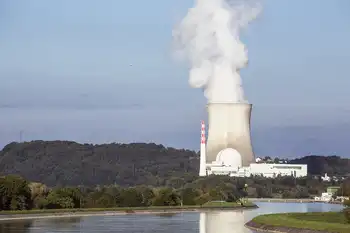
Opinion: UK Natural Gas, Rising Prices and Electricity
LONDON - By Ronan Bolton
The year 2021 was a turbulent one for energy markets across Europe. Skyrocketing natural gas prices have created a sense of crisis and will lead to cost-of-living problems for many households, as wholesale costs feed through into retail prices for gas and electricity over the coming months.
This has created immediate challenges for governments, but it should also encourage us to rethink the fundamental design of our energy markets as we seek to transition to net zero.
This energy crisis was driven by a combination of factors: the relaxation of Covid-19 lockdowns across Europe created a surge in…

